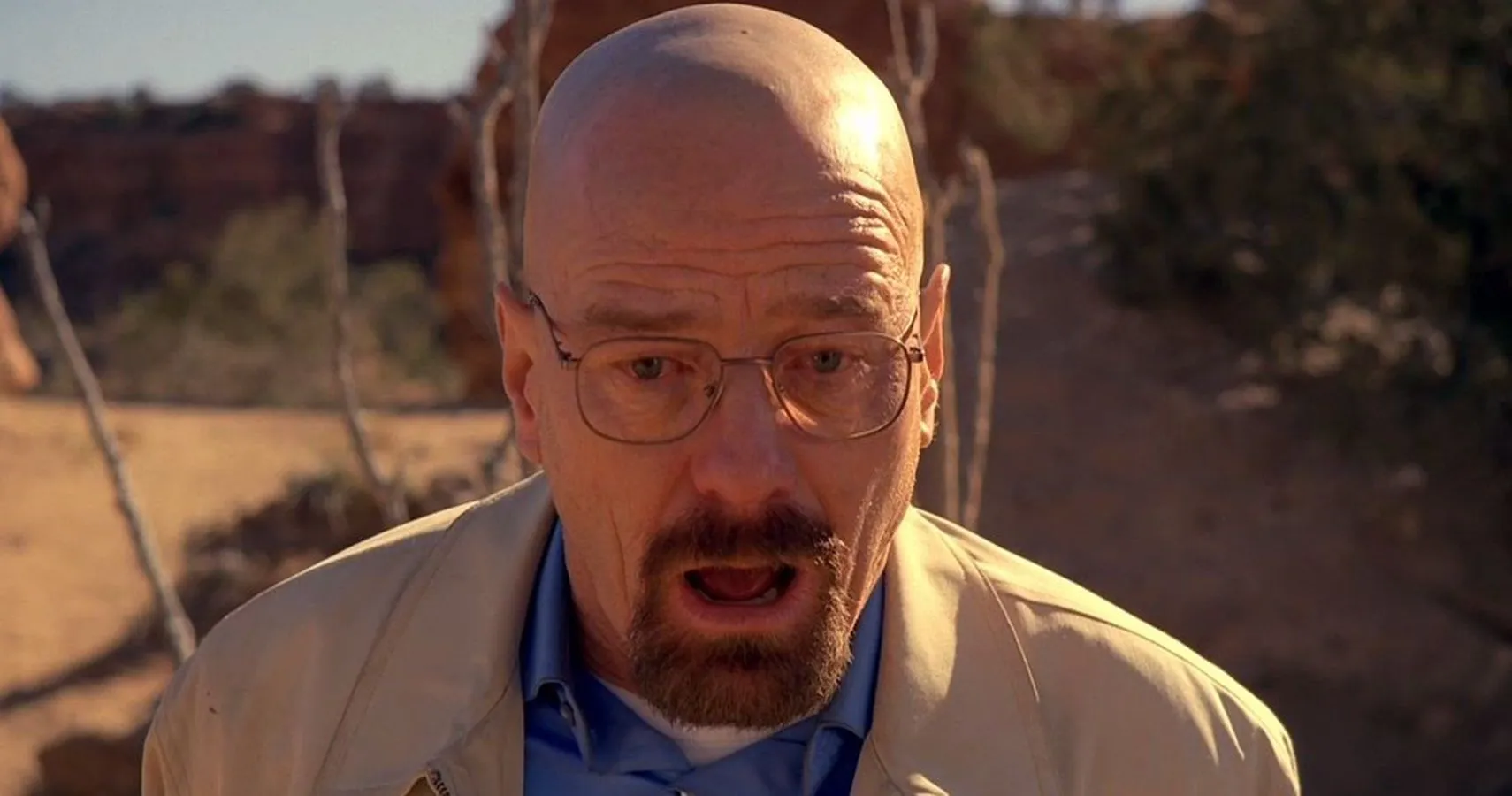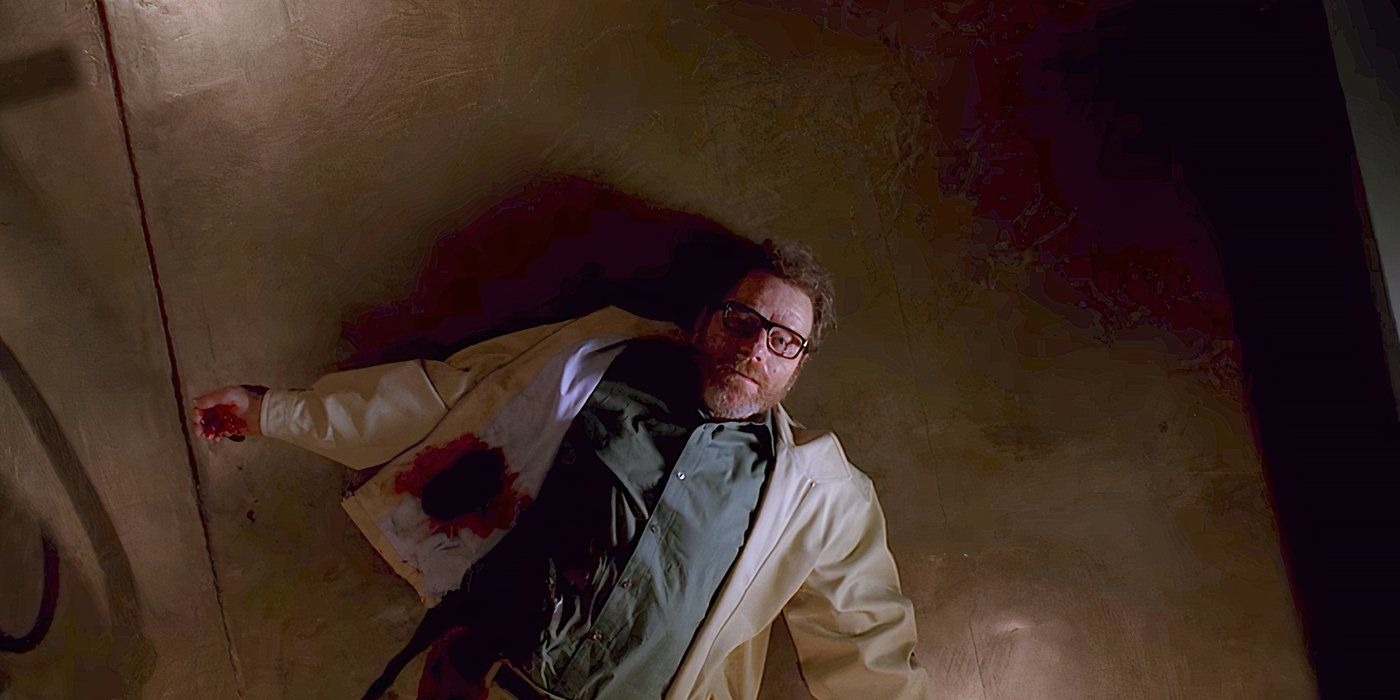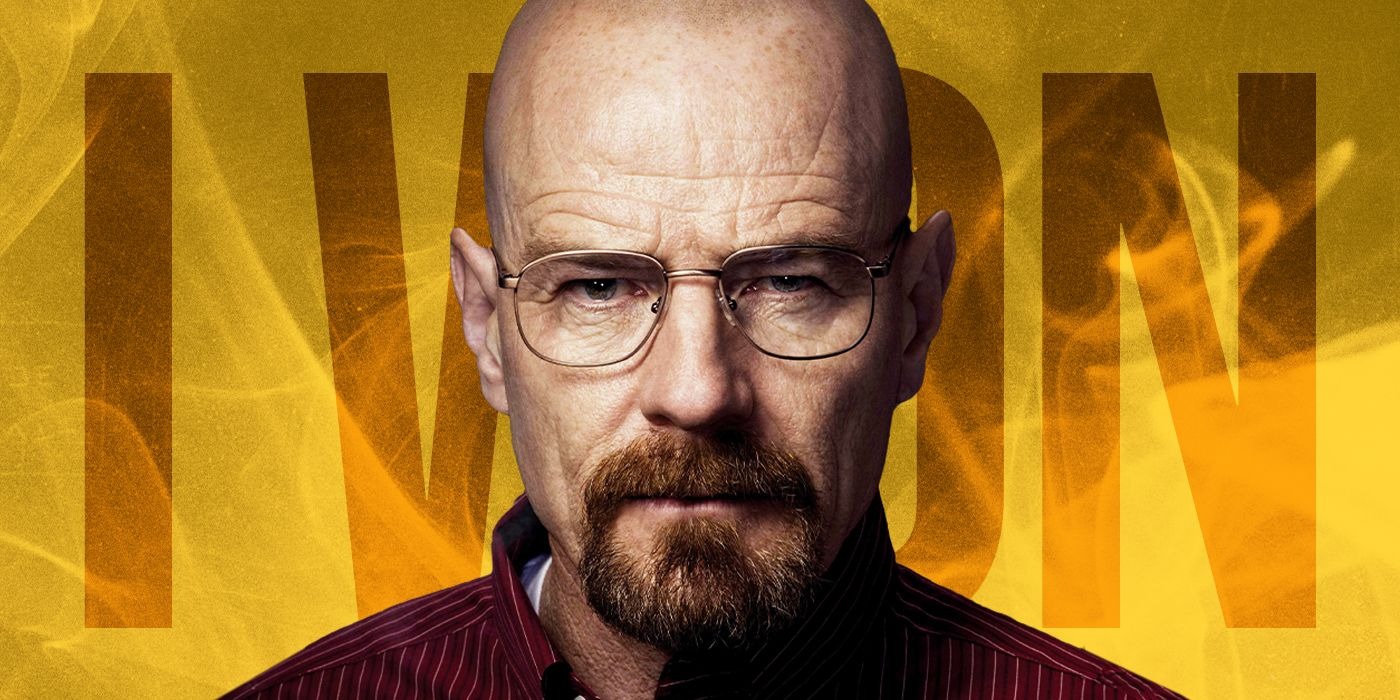Before the last episode, titled “Felina,” came on, the penultimate chapter, “Granite State,” had already shown Walt at his worst point. By this stage, he was no longer the hesitant meth producer from his early days but had embraced the monster he had become.
His brother-in-law Hank (Dean Norris) had been killed by Jack Welker (Michael Bowen) and his group, who also made away with most of Walt’s money. Walt ended up hiding in a secluded cabin deep in the New Hampshire woods, cut off from his family and living as a fugitive.

The same family he once claimed to protect now saw him with disgust. Just as he planned to surrender to the authorities, a stroke of luck presented itself through a bar television showing an interview with his former business partners, Gretchen (Jessica Hecht) and Elliot (Adam Godley), on Charlie Rose.
That moment sparked a new idea in his mind. Written and directed by Vince Gilligan, “Felina” followed Walt as he executed the final parts of his plan. He used subtle threats to make Gretchen and Elliot promise they would deliver the rest of his money to Walter Jr. (R.J. Mitte) on his 18th birthday.
Returning to Albuquerque, he made time to speak with Skyler (Anna Gunn) and, from a distance, watched his son for what would be the last time. Walt then walked into Jack’s meth lab hideout like an outlaw preparing for a showdown.
In the process, he managed to rescue Jesse Pinkman (Aaron Paul), who had been held prisoner. After unleashing his hidden car-activated machine gun and eliminating Jack’s crew, Walt made his way into the meth lab.
He had been shot earlier and was visibly weak, moving slowly as though he had made peace with his fate. While walking through the lab, his expression and calmness suggested that he found satisfaction in what meth production had brought into his life.
As Baby Blue by Badfinger played, the lyrics drew attention to the meth Walt had made famous for its purity. The melancholic tone of the song paired with Walt’s quiet appreciation of his life’s work indicated that he had no regrets.
During his last conversation with Skyler, he even admitted that he enjoyed being a meth kingpin, letting go of the earlier lie that it was all for his family. Before he died, he left a bloody handprint on one of the lab’s tanks and collapsed. The final shot showed the police entering while the camera rose above his lifeless body.
‘Felina’ Brings a Neat Conclusion to Walt’s Journey
One consistent strength of Breaking Bad was its structured and meticulous approach to storytelling. Each season was tightly written, and all critical plot points were addressed in due time. By the time “Felina” aired, the show had kept to this style, delivering a finale where every detail had been carefully considered.
Still, the way it wrapped things up felt too perfect. Walt’s path from a caring husband and father to a ruthless drug lord started when he rejected financial help from Gretchen and Elliot, choosing instead to make money through meth.
This decision led to destruction, trauma, and multiple deaths. The episode “Ozymandias,” often regarded as the peak of the show and one of TV’s finest hours, exposed the real cost of Walt’s actions. His criminal activities led to Hank’s death, Jesse’s prolonged suffering, and permanent damage to his family.
Despite this, “Felina” provided him with the best-case scenario for tying up loose ends. Although Walter Jr. turned down the money, Walt still came up with a clever way to secure funds for his children’s future. He also managed to reconnect briefly with each member of his family.
Every enemy he had left was eliminated, including Lydia (Laura Fraser), who was quietly poisoned with ricin—an element that had long been foreshadowed in the series. The final moments attempted to show that Jesse might have found it in himself to forgive Walt, even though Walt had destroyed much of his life.
Everything fell into place so neatly in “Felina” that it created a tight, almost suffocating finish. After the chaos of “Ozymandias,” where Walt’s evil actions were laid bare, the finale gave him a softer sendoff than some expected, as Vince Gilligan seemed to choose a more reflective and tied-up end to his story.
Too Much Closure in Walter White’s Final Moments
With how smoothly things worked out for Walt in the last episode, it’s not surprising that some viewers believed “Felina” was a fantasy. Emily Nussbaum of The New Yorker wrote that the overwhelming sense of neatness made the episode feel dreamlike.
Some fans theorized that Walt might have died in his car earlier in the episode, and everything that followed was a mental illusion. Compared to the devastation seen in “Ozymandias” and “Granite State,” the tidy and triumphant tone of the finale was striking.

The episode tried to present Walt as a vengeful but thoughtful figure—a man who wanted to right some wrongs before dying. He left money behind for his family, killed off those who betrayed him and got a poetic farewell while Baby Blue played.
But this sentimental ending took away some of the power from his downfall. Not long before this, Walt had behaved like a hardened outlaw, gunning down enemies and shooting Jack before the man could say his final words—just as Jack had once done to Hank.
Throughout the events of “Felina,” Walt is presented as assertive and composed, especially in the way he intimidated Gretchen and Elliot, and his shootout at Jack’s base. Looking back, the series ended on a quiet note that unintentionally supported some of the wrong impressions about the show.
Walt had often been praised for his toughness, while Skyler was unfairly criticized by fans for standing in his way.
Although the writing team worked hard to remove any sense of sympathy for Walt in the episodes before the finale, the last scenes of “Felina” felt too romantic and forgiving, which clashed with the tougher messages expected from shows featuring deeply flawed lead characters.
Most critics and fans responded positively to the finale, especially because it gave a sense of completion. Unlike The Sopranos or Mad Men, which left viewers with open-ended mysteries and scenes that invited debate, Breaking Bad chose a clear direction with few loose threads.
Vince Gilligan wrote with the same strategic mindset that defined his main character—calculating each moment carefully. Even as Walt’s life fell apart, the show maintained a strong focus on wrapping up character arcs and delivering a conclusive farewell.
Experience this unforgettable film from the comfort of your home now streaming on Netflix.



